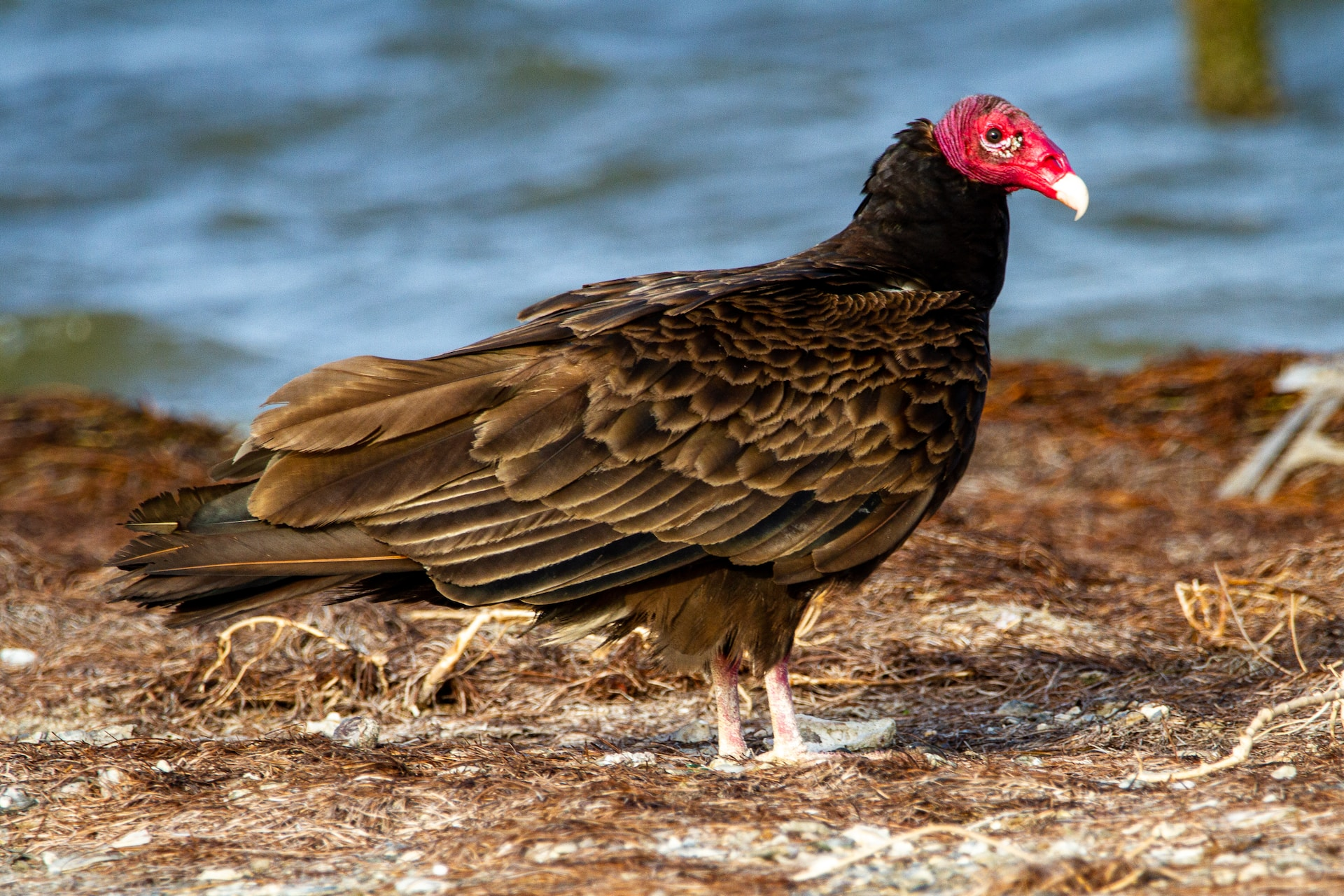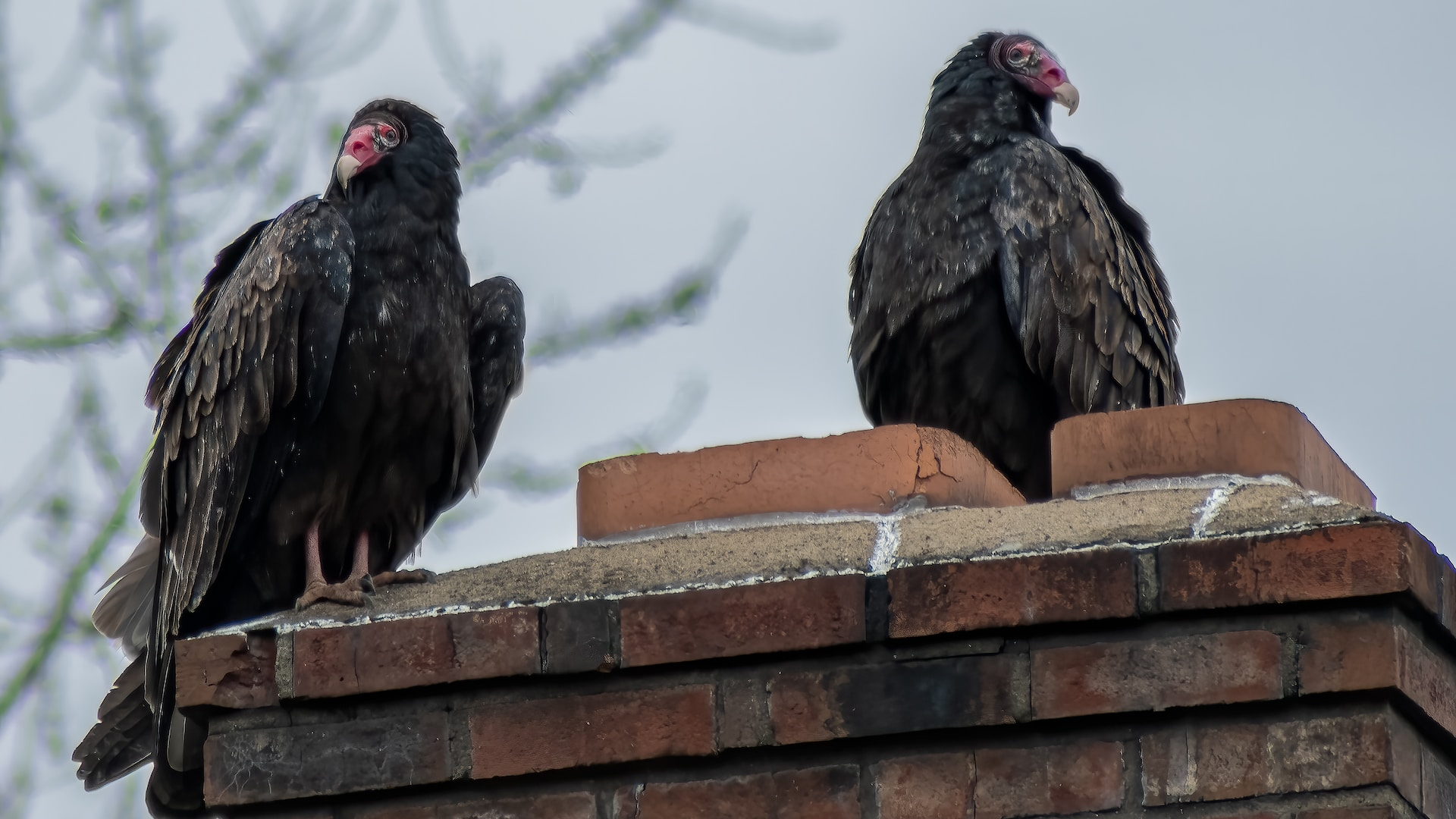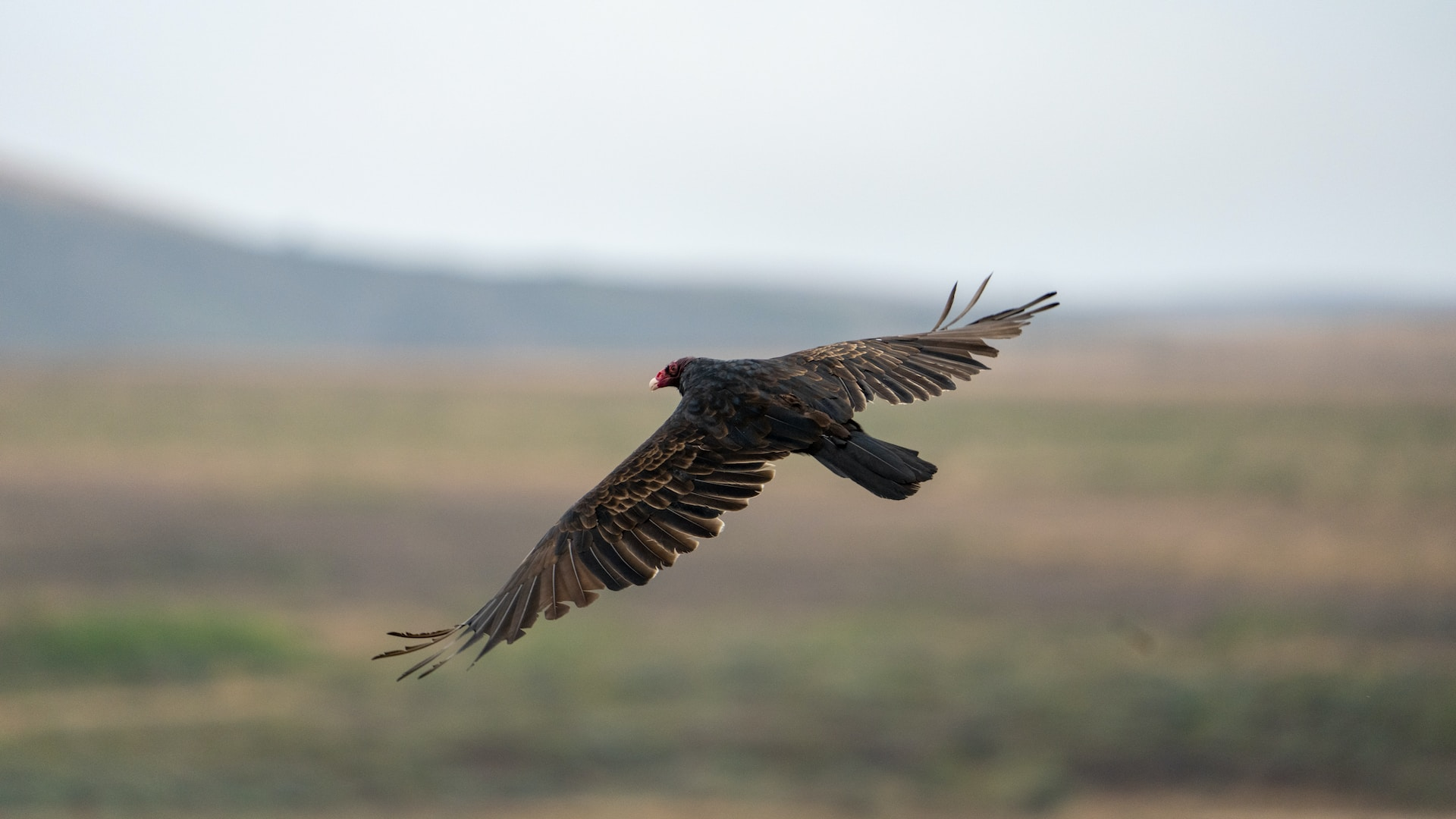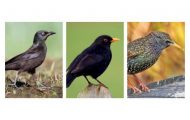Turkey vultures have earned an unsavory reputation from humans, but are turkey vultures dangerous to humans? Although these birds may look intimidating, with their bald heads and ungainly flapping flight pattern, turkey vultures pose very little threat. While it’s true that they can be fierce protectors of their nests and young. Getting anywhere near them usually results in them scurrying away rather quickly.
However, if these creatures still fear you, this blog post will further answer the above question.
What Is a Turkey Vulture?

The turkey vulture is a large, majestic bird of prey that has been part of the North American landscape for thousands of years. Also known as the turkey buzzard or carrion crow, this species plays an essential role in nature by keeping the environment clean by consuming animal carcasses. Let’s look at this unique creature and its impact in the wild.
🦅Physical Characteristics of Turkey Vultures
Turkey vultures have dark feathers, a silvery sheen, and a characteristic reddish head. They are large birds, measuring up to 30 inches (76 cm) tall, with wingspans reaching up to 6 feet (1.8 m). They weigh around 3 pounds (1.3 kg) on average and can live up to 15 years in the wild.
Turkey vultures are well adapted for their scavenging lifestyle. Their feathers are designed to be water resistant, which helps them remain dry while they search for food on the ground. They also have excellent eyesight, allowing them to spot food sources from high above in the sky. In addition, turkey vultures use their powerful sense of smell to locate dead animals quickly.
🦅The Role of Turkey Vultures in Nature
Turkey vultures play an important role in nature by helping keep the environment clean and free from rotting carcasses. These birds consume both small and large carcasses, including those of deer and other wildlife species that may have died naturally or due to hunting activities. By cleaning up dead animals, turkey vultures help prevent disease and promote healthy ecosystems.
In addition, these birds provide valuable nutrients back into the food chain through their droppings, which contain nitrogenous compounds that help fertilize plants and soil organisms that feed on decaying material left behind by these birds. This process helps ensure a healthy balance between predators and prey by providing vital nutrients back into the environment without any additional effort or cost on our part!
Are Turkey Vultures Dangerous to Humans?

In terms of danger, are turkey vultures dangerous to humans? Turkey vultures pose very little risk to humans; they are non-aggressive birds who typically avoid contact with people whenever possible. Thus, they don’t really attack humans. However, most vultures if provoked or cornered, can become defensive and use their sharp beaks and powerful talons as weapons.
Fortunately, these types of encounters are the only time turkey vultures become more aggressive during mating season or when defending their nests from intruders.
These birds also have one other interesting behavior – they vomit on potential predators to ward them off! This is an effective defense mechanism that turkey vultures use to protect themselves from danger; the smell alone is enough to send most would-be attackers running in the opposite direction!
How to Safely Co-Exist With Turkey Vultures

While these birds of prey can be an impressive sight – and provide an invaluable service as nature’s clean-up crew. They can also cause problems if they reside too close to their homes. Here are a few tips on how to peacefully co-exist with turkey vultures.
Tip #1: Keep Your Distance
Turkey vultures are protected under the Migratory Bird Treaty Act, so keeping your distance from them when you spot them near your home is important. This means no trying to chase them away or throwing things at them—which will only make them more aggressive. If you come too close, the vulture might hiss or even vomit at you to defend itself. Instead, just observe from afar and enjoy the beauty of these majestic creatures!
Tip #2: Cover Up Any Potential Food Sources
Turkey vultures often feed on carrion (already dead animals), but sometimes they may scavenge for other food sources such as pet food, garbage, or compost piles. To avoid this problem, ensure that all potential food sources are securely covered so that the turkey vultures cannot access them. This will keep both you and the birds happy and healthy!
Tip #3: Secure Your Livestock
If you have livestock such as chickens or goats, ensure their enclosures are secure so the turkey vultures cannot get in and prey upon them. Keeping your animals safe is important to their well-being, but also necessary not to cause conflicts with the birds of prey. Installing motion-activated lights around your animals’ enclosures’ perimeter can help ward off unwanted visitors looking for an easy meal!
Tip #4: Don’t Feed Them
It might be tempting to try and befriend a turkey vulture by offering it food, but doing so could be dangerous for both you and the bird. Feeding wild animals can lead to dependency on humans for food which can have dire consequences for their health and safety in the long run. Furthermore, feeding wild animals could lead to increased conflicts between humans and wildlife—so it’s best to leave feeding wild animals up to the experts!
Tip #5: Report Any Suspicious Behavior
If you notice any suspicious behavior from a turkey vulture (or any other wildlife), you must report it immediately. The appropriate authorities will be able to investigate further and take action if necessary—which could potentially save lives in extreme cases!
In conclusion, although turkey vultures are not dangerous to humans in most situations, it is still important to take proper precautions when co-existing with these majestic birds of prey.
The Benefits of Having Turkey Vultures Nearby
1: Help Keep Our Ecosystem Clean
Turkey vultures are scavengers and feed mainly on carrion (dead animals). Eating dead carcasses, help keep our environment clean by reducing the number of rotting corpses that would otherwise spread disease and attract insects.
2: Nature’s Pest Control
Turkey vultures also feed on other smaller pests, such as rats, mice, and insects. This helps keep their populations in check and prevents them from becoming a nuisance in our neighborhoods.
3: Provide Nutrients To The Soil
As turkey vultures break down their food, they release essential nutrients into the soil, which helps promote healthy plant growth in our area.
4: Valuable Source Of Food For Other Animals
Turkey vultures are often hunted by other predators such as hawks, owls, eagles, bobcats, and foxes for their meat. This provides another food source for the food source other prey is unavailable.
5: Theunavailableut The Health Of The Environment
Because turkey vultures are sensitive to environmental contaminants like toxins or pollutants, they can provide us with valuable information about the health of our environment. If there is an increase in turkey vulture deaths due to contamination, this could indicate that something is wrong with our local ecosystem.
Frequently Asked Questions
Why Are Vultures Hanging Around My House?
Turkey vultures tend to congregate in areas with plenty of food sources, like sharp cliffs, open fields, or near water sources. They also prefer areas with plenty of tall trees and other places they can perch while they hunt for food. So if you have any of these features near or around your home, chances are that’s why there are vultures nearby.
What Is the Biggest Threat to Turkey Vultures?
The biggest threat to new world vultures is habitat destruction due to human activity. As humans expand their development into rural areas, this leaves less land available for the birds to roost and hunt for food. The use of pesticides also kills off small animals, a vital source of food for vultures. And lastly, as people continue to hunt wild game animals that provide sustenance for vultures when carrion is not available, this has an adverse effect on the bird’s population numbers.
What Is the Difference Between a Vulture and a Turkey Vulture?
The most common type of world vulture in North America is the turkey vulture; however, there are six species of New World (or American) vultures found in North America—the Black Vulture being another. While both share similar characteristics, such as bald heads and long wingspans (upwards of 6 feet!), their coloring can distinguish them. Turkey Vultures have redheads, while Black Vultures have blackheads with white patches underneath each wing. In addition, Black Vults fly faster than their turkey counterparts, who soar gracefully through the air thanks to their larger wingspan!
Final Words
So, are turkey vultures dangerous to humans? Ultimately, while vulture species may be menacing to look at, Turkey Vultures are not dangerous to humans. Thus they are technically safe than most other birds or other scavengers. They serve as part of the clean-up crew in our landscapes, and you should appreciate them from afar without fear of harm. Luckily, as long as you take steps to protect their habitat and food sources, these magnificent birds will continue to grace the skies.




